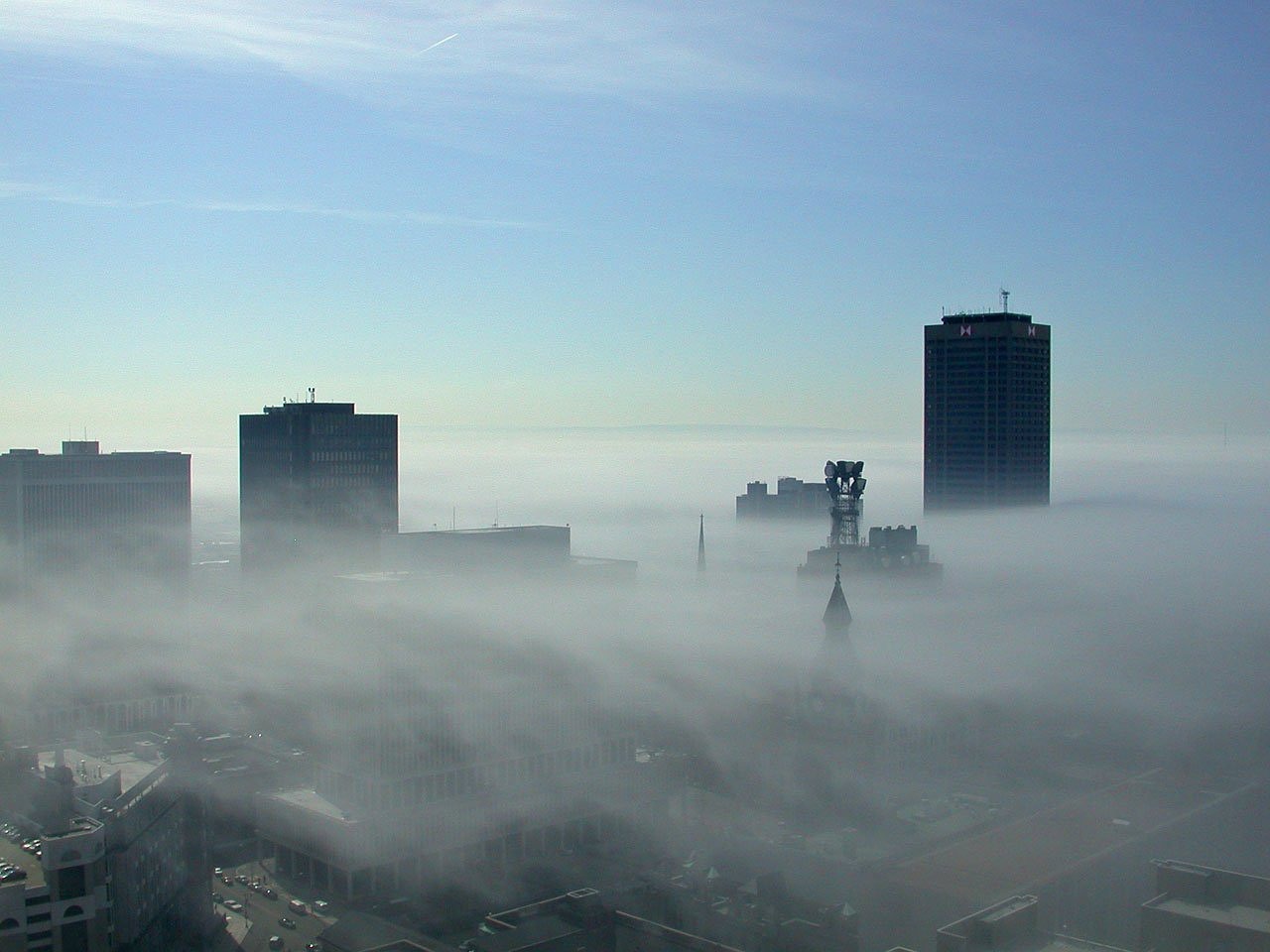Few state pollution control authorities putting out environmental info in public domain: CSE

- Country:
- India
Only a few state pollution control authorities are adequately putting out environmental and governance information into the public domain, according to an analysis conducted by the Centre for Science and Environment (CSE).
The study titled “Transparency Index: Rating of Pollution Control Boards on Public Disclosure” has assessed the data disclosure performance of 29 state pollution control boards (SPCBs) and six pollution control committees (PCC) from across the country.
Nivit Kumar Yadav, Programme Director, Industrial Pollution Unit, CSE, said: “One of the functions under Section 17(C) of the Air Act and the Water Act is to collect and disseminate information related to air and water pollution and also about its prevention, control or abatement. The law asks the boards to share the data in the public domain. But this is rarely done in practice.” According to Shreya Verma, the author of the study, CSE collected data from two sources -- websites of SPCBs/PCCs and their annual reports.
The study has evaluated the information shared by SPCBs/PCCs during the last four to five years (2016-21) and uses 25 indicators that provide a broader assessment on the type and amount of information shared.
“A few key indicators used in the study include the availability of information on direction/show cause/closure notices issued by boards, information on public hearings and EIA reports, non-attainment cities and polluted river stretches,” the green think tank said.
Information on functioning, actions taken by a board against polluting industries, and public hearing data on new projects are rarely disclosed or remain difficult to access on the websites, the CSE said.
Only 12 states have shared their latest annual reports on their websites: Gujarat, Madhya Pradesh, Sikkim, Tripura and West Bengal have shared annual reports of the year 2019-20; the states of Chhattisgarh, Karnataka, Maharashtra, Odisha, Rajasthan, Uttar Pradesh and Tamil Nadu have shared annual reports of the year 2018-19 (which could be termed as latest considering the COVID-19 situation in 2020), the CSE said.
SPCB/PCCs have been protective of industries when it comes to non-compliance: Out of 35 SPCBs/PCCs, only five have shared soft copies of directions and show cause/closure notices issued on their websites – these are from Jammu and Kashmir, Rajasthan, Telangana, Uttarakhand and West Bengal, the CSE said.
Only five boards - Delhi, Goa, Haryana, Tripura and Uttarakhand - have shared minutes of their board meetings on their websites: It is mandatory for SPCBs to meet at least once every three months.
Board members in these meetings are supposed to discuss issues related to the functioning of the board, action plans, compliance and monitoring, and devising innovative methods to improve enforcement of laws.
Only five SPCBs have shared information on inspection conducted by the boards: The PCBs of Himachal Pradesh, Karnataka, Odisha, Tamil Nadu and West Bengal have shared this information in their annual reports.
Only nine SPCBs/PCCs have provided detailed information on public hearings, which includes the executive summary, draft EIA report of the project, and minutes of the meeting. The states represented are Karnataka, Telangana, Delhi, Gujarat, Kerala, Punjab, Rajasthan, Goa and Mizoram.
Data indicating the current pollution levels – air pollutants, waste – the basic indicators of environment health, is missing, the CSE analysis revealed.
Most boards display inadequate data, indicating no trends. More so, even details on upcoming projects and grievances of the general public of the locality are hardly displayed.
Fourteen SPCBs/PCCs did not share any information on municipal waste generation; 11 on plastic waste generation; 10 on hazardous waste; and nine on e-waste, the CSE said.
“Improving transparency is a 'must' when it comes to state pollution control boards. Putting in the public domain crucial pollution-related information, data and details of actions taken is critical – it can help policy-makers take the discussions to the next level of pollution management, and it can also reassure the people about efficiency of these boards and committees,” Nivit said. With a cumulative score of 67, both Odisha and Telangana were ranked first in the transparency index, followed by Tamil Nadu at the second spot which had a cumulative score of 65.5, Madhya Pradesh (64) and West Bengal (62). Delhi was ranked 15th with a cumulative score of 49.5.
(This story has not been edited by Devdiscourse staff and is auto-generated from a syndicated feed.)
ALSO READ
Sikkim's SKM Sets Sights on Third Term with 'Mission 2029'
Punjab's Landmark Move: Holy City Status for Three Sikh Cultural Hubs
Punjab Pioneers AI-Driven Career Guidance in Schools
Punjab's Mega Parent-Teacher Gathering Sparks Educational Revolution
Winter's Grip Tightens: Icy Fog Casts a Chill Over Punjab and Haryana










